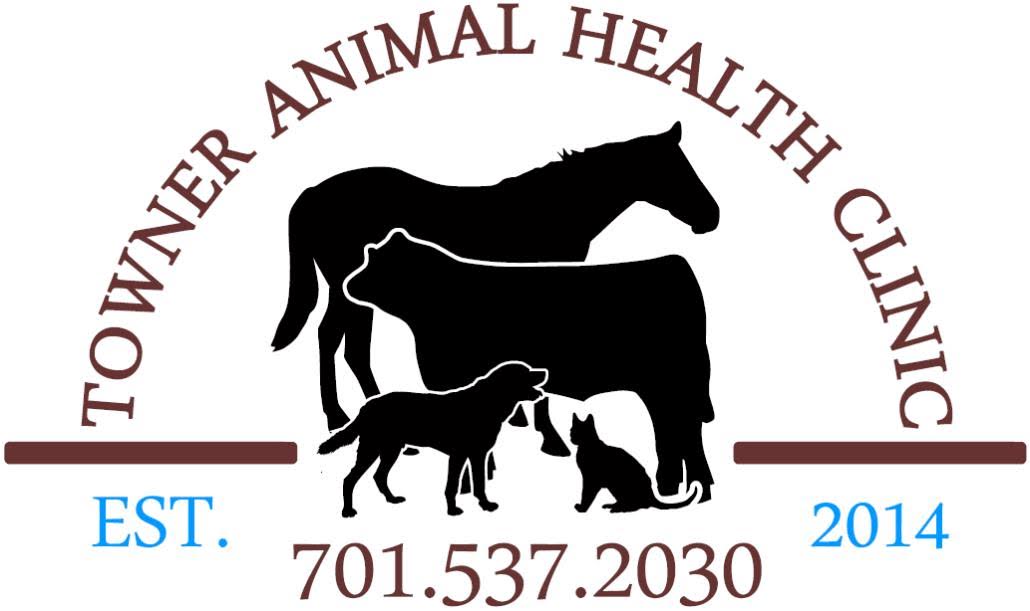Library
-
Your veterinarian wants to keep your pet healthy and the fact is that people who are better informed take better care of their pets. Do not be overwhelmed by “medicalese”. Try your best to understand this foreign language and if you cannot quite decipher it, ask your veterinarian to speak more plainly.
-
Degenerative joint disease is arthritis caused by deterioration and degeneration of tissues lining joints. It is an under-recognized condition in cats. Treatment involves modification of the home environment, regular gentle exercise, anti-inflammatory drugs and other medications, omega fatty acids, chondroprotectants, and possibly other nutraceuticals. Maintaining your cat’s weight can help prevent degenerative joint disease.
-
Cleaning your cat's teeth every day at home will help prevent plaque and tartar build-up. Use of a pet toothpaste is recommended, but even wiping a Q-tip across your cat's teeth and gums goes a long way to reduce plaque and tartar accumulation. For proper dental evaluation and care, your cat must be safely placed under general anesthesia. The examination usually includes dental X-rays and probing to evaluate gum bleeding and periodontal pockets. Tooth scaling will be performed, using both hand and ultrasonic scalers, to remove tartar above and below the gum line.
-
Dental disease, also known as periodontal disease, is a condition in which the tissues supporting the teeth become inflamed. When a pet develops dental disease, significant quantities of bacteria reside within the mouth and the oral tissues. These bacteria can enter the bloodstream and travel to other areas such as the liver and kidneys, causing distant or systemic effects.
-
Dental disease is one of the most common medical conditions seen by veterinarians. The most common types of dental disease in cats are periodontal disease and tooth resorption. This article discusses the most common dental diseases in cats, signs, diagnostic procedures, treatments, and preventive steps to keep a cat's teeth healthy.
-
Dental pain may take on a variety of appearances, but often, a cat will not show any outward signs of pain. The only effective treatment for dental pain is to address the cat's underlying dental disease. The best way to prevent dental pain is to ensure that your cat receives regular dental care through a home dental care plan and regular veterinary dental care.
-
Dermaquin® is a supplement for dogs and cats that supports a healthy skin barrier. It contains a blend of nutritional ingredients, including hardy kiwi, omega fatty acids, and beta-glucans. It can be used alone or in conjunction with other skin treatments and medications.
-
Miliary Dermatitis in Cats
La dermatitis miliar es un término general usado para describir una condición cutánea en los gatos que normalmente suele ser consecuencia de una reacción alérgica. Debido a que la mayoría de las dermatitis alérgicas o reacciones de la piel en los gatos son provocadas por una alergia a las pulgas, los dos términos han llegado a ser sinónimos.
-
La desensibilización sistemática es un método de adiestramiento utilizado para reducir el comportamiento indeseable de un animal en respuesta a un determinado objeto o situación. Es la forma más efectiva de tratar miedos y fobias.
-
Desmopressin is a hormone used off-label to treat diabetes insipidus (not diabetes mellitus) and von Willebrand disease in cats, dogs, and horses. Desmopressin is usually provided in a nasal spray format, but the nasal spray is administered as drops in the eye. Your veterinarian may recommend an oral tablet or an injection given in the clinic.

